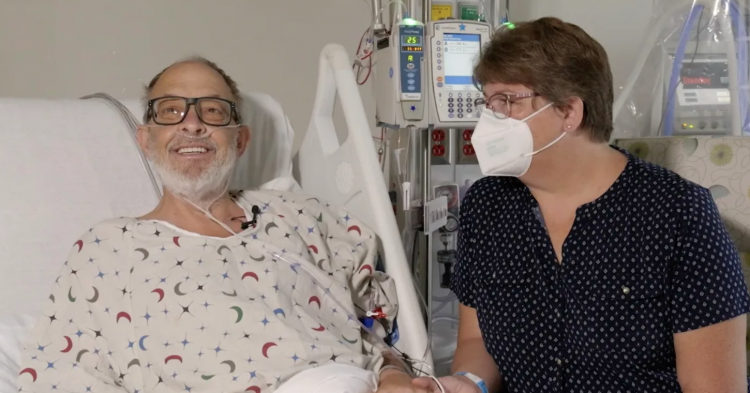Lawrence Faucette, 58, passed away six weeks after receiving an experimental pig heart transplant at the University of Maryland School of Medicine. Despite initial signs of health, the heart began to show rejection symptoms leading to his death. His wife, Ann, conveyed that Lawrence saw the surgery as his “last opportunity to make a difference,” given his ineligibility for a traditional heart transplant due to heart failure and other health issues.

This was the second pig heart transplant by the Maryland team, following the first recipient, David Bennett, who survived two months. Improvements were made from Bennett’s case, including better virus testing. Dr. Bartley Griffith, who led the transplant team, affirmed that “Faucette’s last wish was for the medical community to glean valuable knowledge from his experience.”
The pursuit of xenotransplants is a response to the shortage of human organ donations. Although the human body often rejects animal tissue, genetically modified pig organs are promising candidates to overcome this. The Maryland medical team and others continue to refine these techniques, hoping for FDA approval after further research and successful trials.
